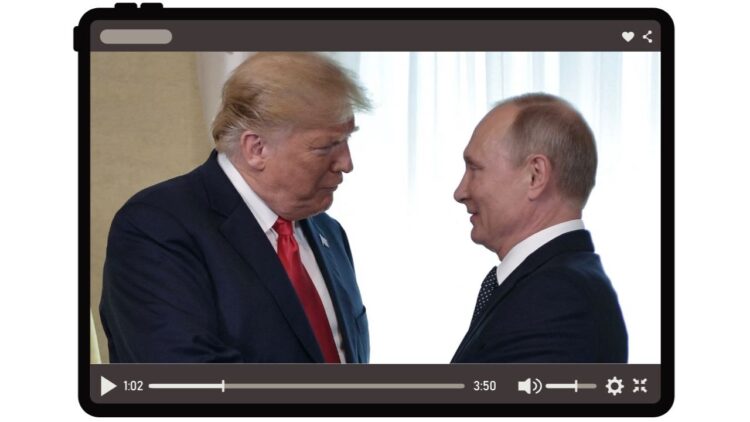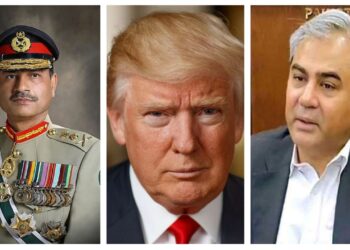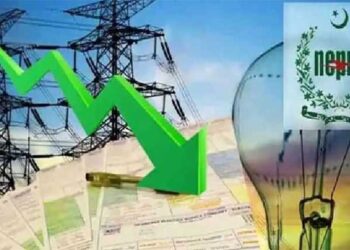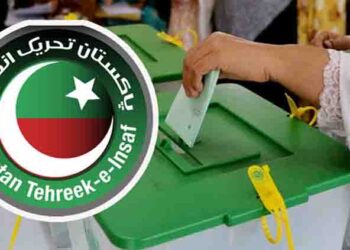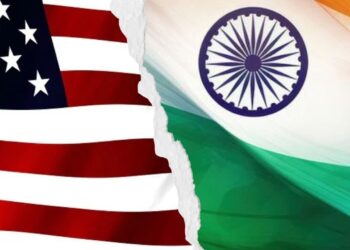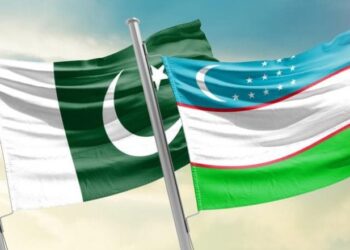MNN (Web-Desk); In a significant development, U.S. President Donald Trump and Russian President Vladimir Putin are expected to meet in the coming days, according to a Kremlin official.
The anticipated high-level talks come as Washington’s deadline for Russia to agree to a ceasefire in Ukraine nears, or face new economic sanctions.
Kremlin adviser Yuri Ushakov confirmed on Thursday that both leaders have effectively agreed to the meeting, which could take place as early as next week.
A venue has been selected, though it will be disclosed later. “At the request of the American side, both parties have agreed in principle to a bilateral meeting soon,” Ushakov told reporters.
Later the same day, President Putin suggested that the United Arab Emirates was being considered as a “suitable” host country for the summit.
He also addressed the possibility of a separate meeting with Ukrainian President Volodymyr Zelenskyy, saying he was not entirely opposed but believed that the current situation was not conducive to such engagement.
The idea of a trilateral summit involving the U.S., Russia, and Ukraine was reportedly floated during discussions between Putin and Trump’s envoy, Steve Witkoff, who visited Moscow this week for the fifth time.
While the Kremlin has not officially commented on the prospect of a three-way summit, Ukraine’s President Zelenskyy expressed openness to it, stating on social media that Kyiv was not afraid of negotiations and expected the same willingness from Russia.
Al Jazeera’s Charles Stratford, reporting from Kyiv, highlighted growing concerns among Ukrainians about the Trump-Putin meeting—particularly because Zelenskyy is not expected to be included initially.
Many in Ukraine recall Trump’s harsh treatment of Zelenskyy during a prior Oval Office meeting and worry he may again be sidelined in talks that directly impact Ukraine’s sovereignty and future.
In an effort to secure European backing, Zelenskyy has recently spoken with French President Emmanuel Macron and German Chancellor Friedrich Merz, stressing that Ukraine is part of Europe and that any process to end the war must include European voices.
Despite Witkoff’s repeated visits to Moscow since Trump took office in January with promises to end the war, tangible progress remains elusive. “I wouldn’t call it a breakthrough,” Trump admitted, while noting that countless young people are dying and reiterating his intention to “get the thing over with.”
The Kremlin described recent discussions as “constructive,” though offered few specifics. Meanwhile, military analyst Pavel Felgenhauer told Al Jazeera there is confusion over what was actually agreed during Witkoff’s visit, noting conflicting narratives from Washington and Moscow.
He suggested that Russia is less interested in a ceasefire and more focused on holding a summit to justify its territorial ambitions in Ukraine.
Putin reportedly wants to use the meeting to strengthen U.S.-Russia ties, even if that means sidelining Ukraine. However, expectations for a peace deal remain low. Moscow’s conditions—including Ukraine’s neutrality, NATO withdrawal, and recognition of Russian-held territories—remain unacceptable to Kyiv and its allies.
Amid all this, the U.S. has announced a new $200 million military aid package for Ukraine, including drone technology. Separately, Trump imposed a 25% tariff on Indian imports over New Delhi’s continued purchases of Russian oil.
Source: Al Jazeera and news agencies








